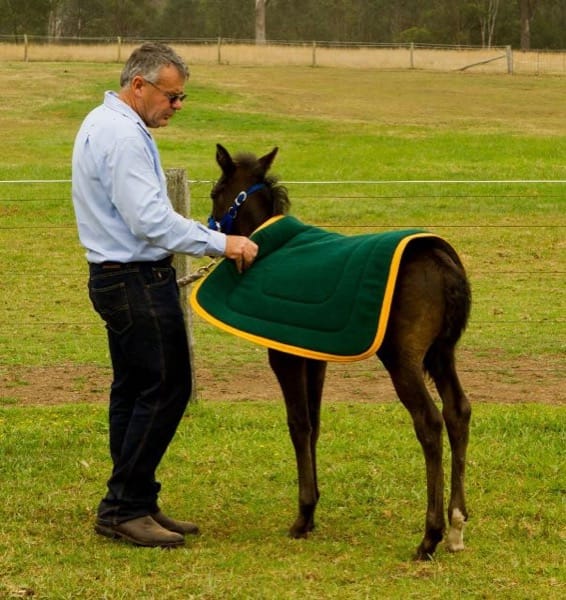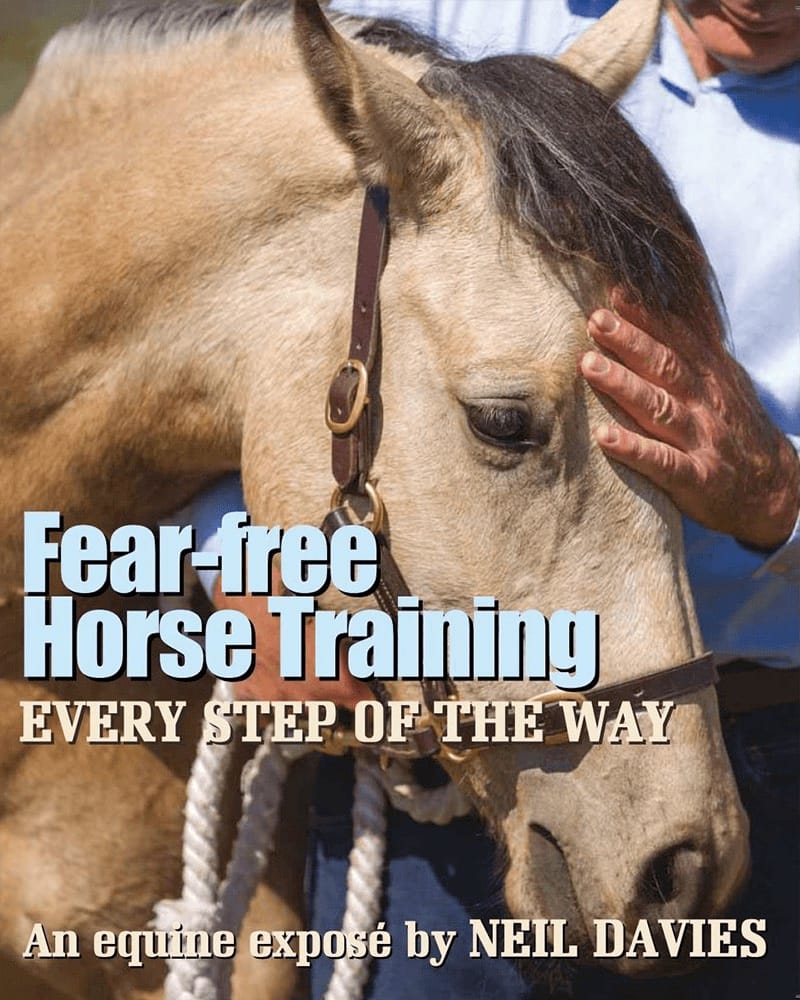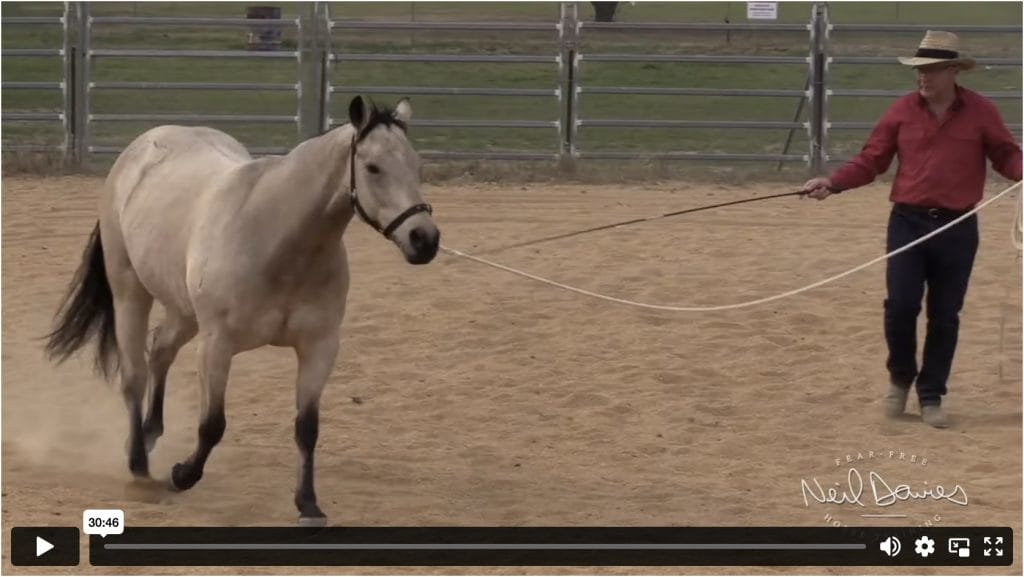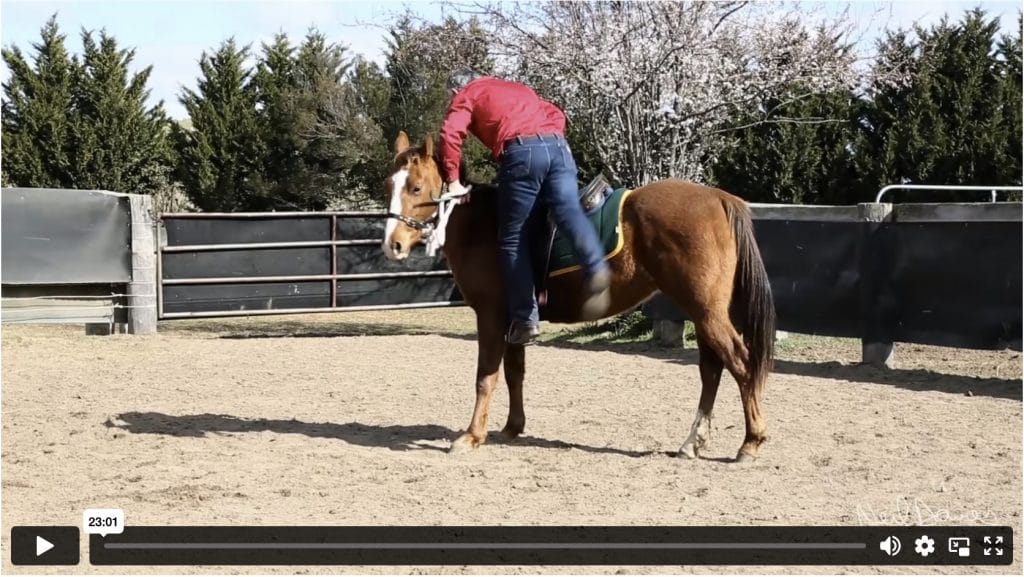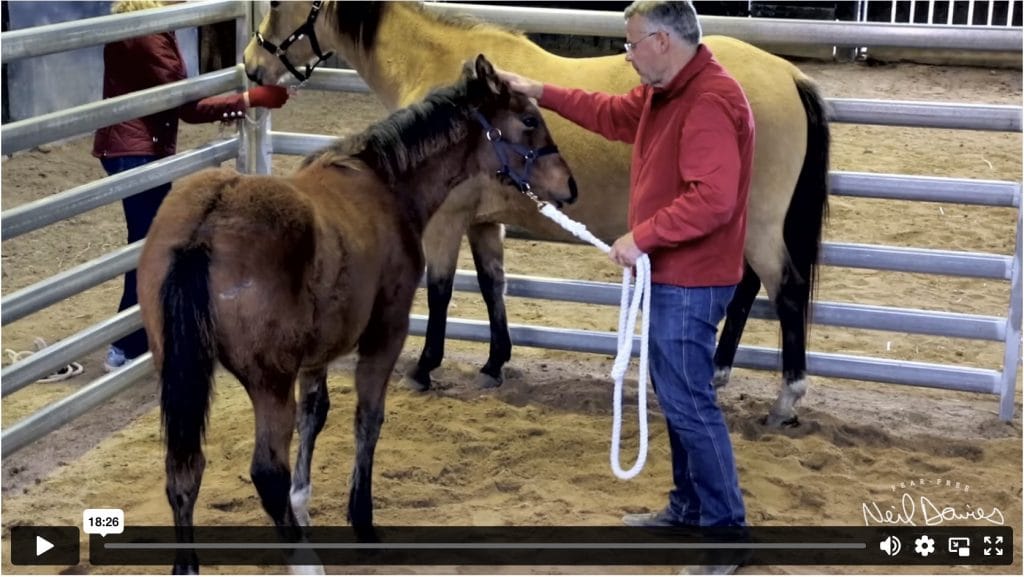Q: Hello there.
I am fairly new to horses, and I’d like to know your trainers’ opinions about the practice I’ve seen of people ‘desensitising’ horses by doing what looks to me like chasing them around a big yard with a plastic bag on a stick.
What are they trying to achieve?
Dan, via email
Good question Dan.
I always wonder what these people are trying to achieve.
No matter what story they tell, what these trainers are doing is scaring horses.
There’s no benefit in flapping flags and tarps at any horse at any stage of his training.
If a horse is frightened of people, flapping things around will only frighten him more.
Perhaps you’ve been frightened by a car accident, a house fire or some other traumatic experience.
Did you think, ‘That was good, a couple more car accidents and I’ll be used to them,’ or ‘I can’t wait for my next house fire.
It will be much better the second time.’
I very much doubt it.
When you have a frightening experience, you remember it for the rest of your life.
The last thing you want is to repeat the experience.
You worry in case it happens again. If ever you’re in a similar situation, you’re immediately frightened and terrified because you know what to expect.
Yet, a lot of people think this is the best way to train horses.
Frighten and terrify a horse and he’ll soon be ‘used to it’. It makes no sense.
Traumatic experiences aren’t easily forgotten.
This is one of the main reasons I wrote my book. It’s high time to stop frightening horses.
When you have a car accident, you lose confidence and feel nervous and worried the next time you drive.
The same thing happens to a horse that’s been frightened.
The experience is burned into his mind. Some horses never regain their confidence once they’ve been frightened.
You must always give every horse the answer before you set any problem.
The problem for a horse chased with a flag is that he’s frightened of the flag.
There is no answer for him – no way to get out of this frightening situation.
Everything must be introduced to every horse in small steps that he can understand and accept.
If a horse isn’t frightened today, he won’t expect to be frightened tomorrow.

